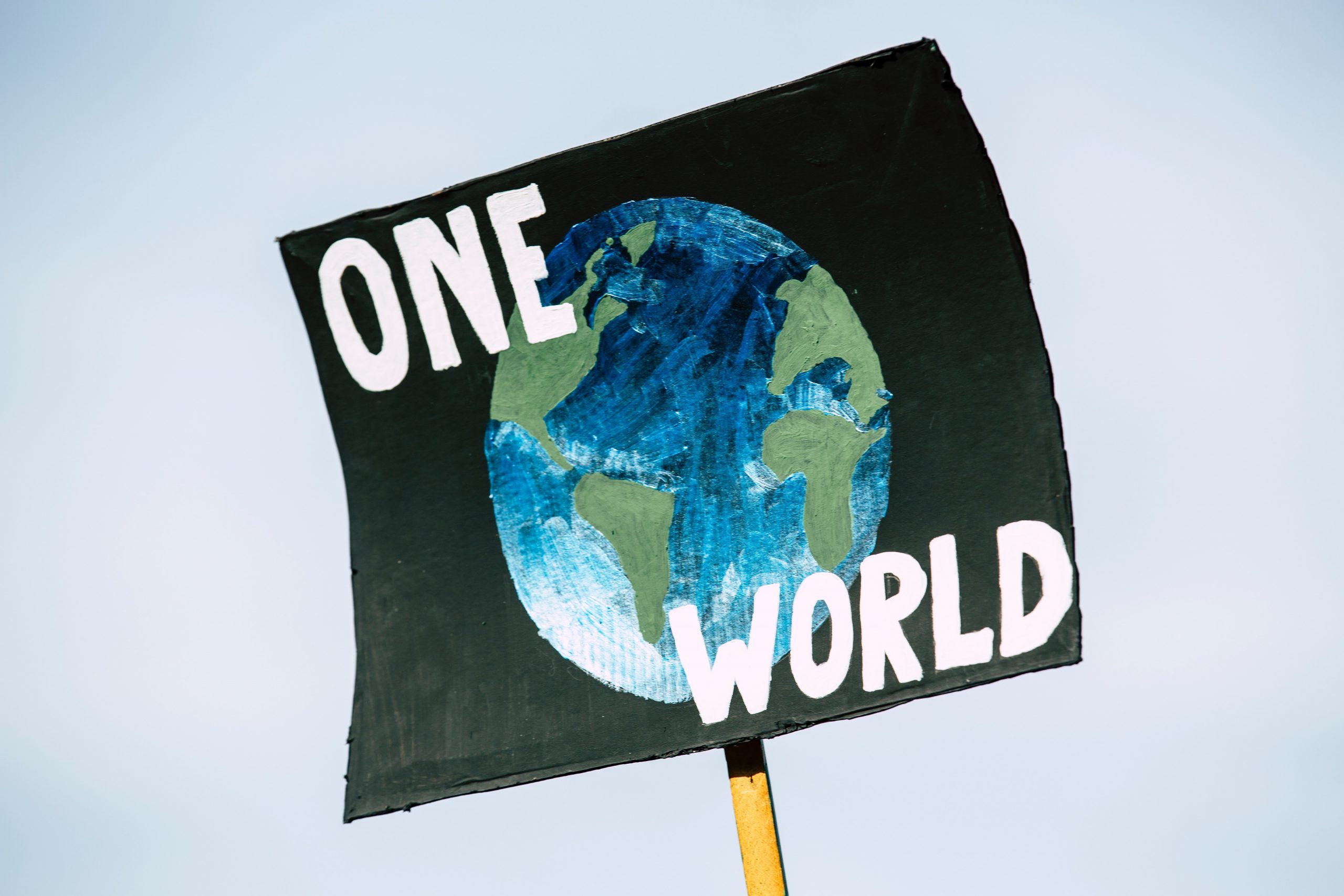Let scientists make decisions about science!

Image by Markus Spiske from Pixabay
A team of researchers from around the world is urging the United Nations to allow government-funded scientists with no conflicts of interest to be given the ability to participate in and contribute to climate change mitigation through the United Nations Environment Programme (UNEP).
In a new Viewpoint published by Science, the researchers argue that UNEP may state that it welcomes independent scientists without any conflicts of interest, however, the programme’s strict eligibility criteria actually limit valuable scientific input from government-funded researchers at independent, self-governing universities. Independent institutions, like universities, are not required to support government policy, whereas certain government-run organizations may have to. However, UNEP criteria does not differentiate between these two scenarios, excluding most scientists in European countries and other nations whose majority of universities are public.
“UNEP should allow scientists with no conflicts of interest to participate and contribute effectively,” said Dr. Ibrahim Issifu, postdoctoral research fellow in the Fisheries Economics Research Unit at the Institute for the Oceans and Fisheries.
The programme uses evidence-based data for global policy decisions that help strengthen global environmental standards and practices while also ensuring environmental obligations are carried out on every level.
“UNEP, with the support of member states, should accept universities as independent and self-governed entities that can be directly accredited,” says Issifu. “By improving the accessibility of global negotiating processes, independent scientists can fully participate in policy negotiations, contributing their trusted collective knowledge to secure a sustainable future.”

Image by Şehsuvar Şahin from Pixabay
The researchers are asking UNEP to better highlight the fact that government-funded scientists can get accreditation through multilateral environmental agreements that have more lenient requirements. They also ask that the programme allow government-funded scientists with no conflicts of interest to be given a chance to contribute to global policy.
“Inclusion of more scientists will improve accountability: Scientists without conflicts of interest can provide independent and unbiased perspectives, contributing to more transparent and accountable decision-making processes,” said Issifu. “This helps ensure that policy recommendations are based on objective scientific evidence rather than political or vested interests.”
Dr. Issifu hopes that UNEP will allow scientists to help mitigate climate change by improving accessibility for independent scientists whose input is essential to creating a sustainable future.
Tags: climate change, global policy, Ibrahim Issifu, IOF postdoctoral fellows, policy, UNEP, United Nations (UN)